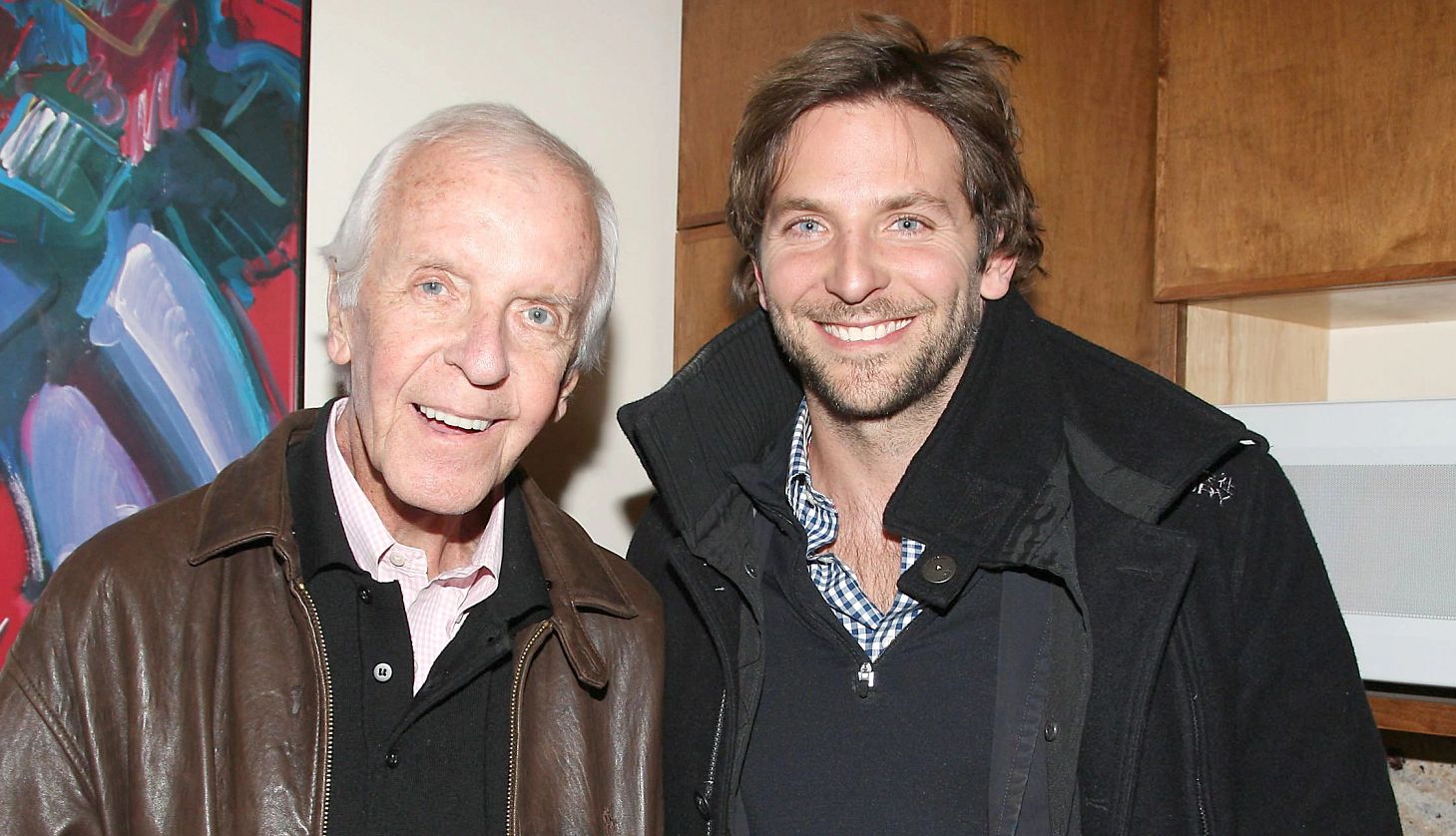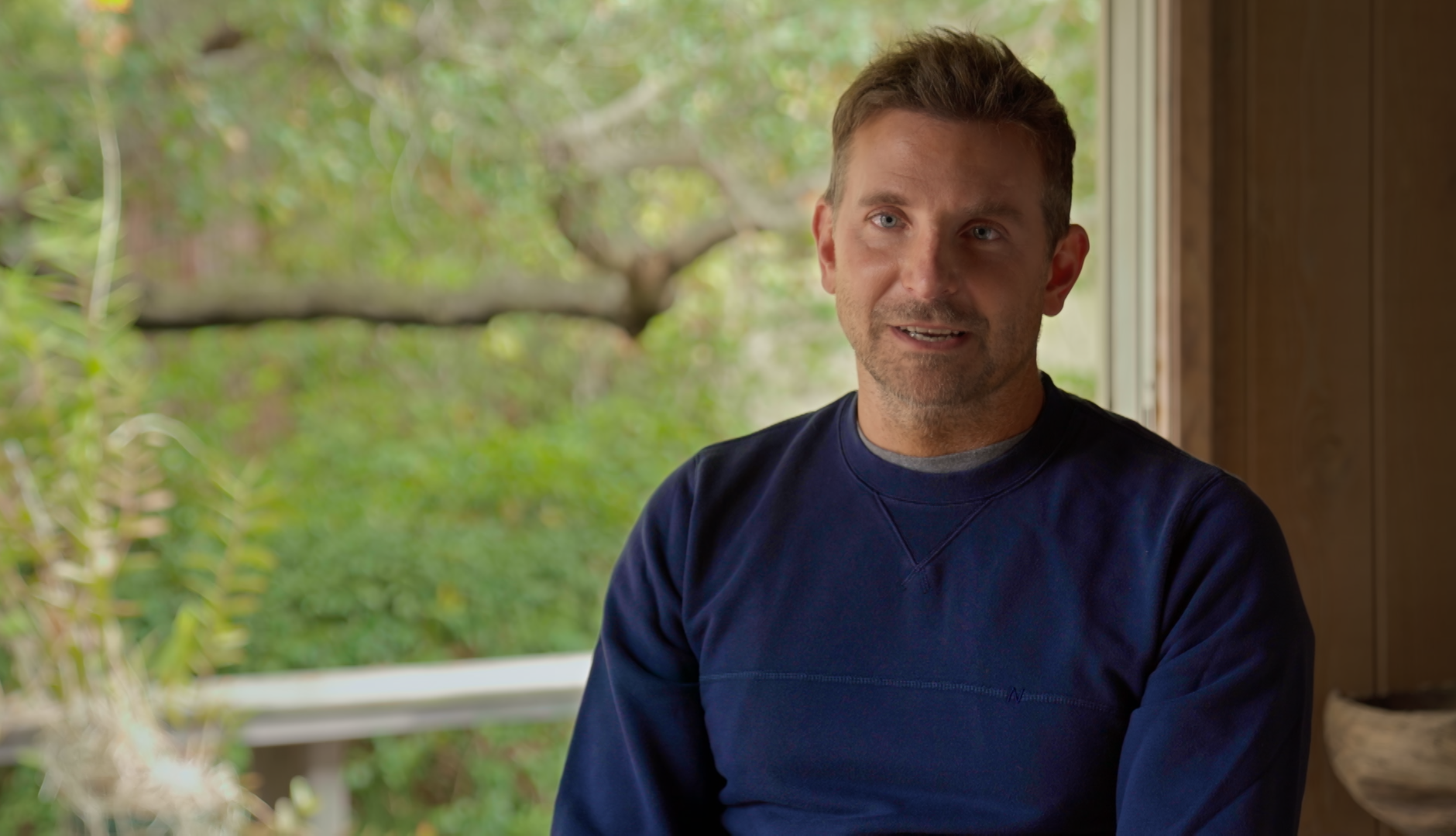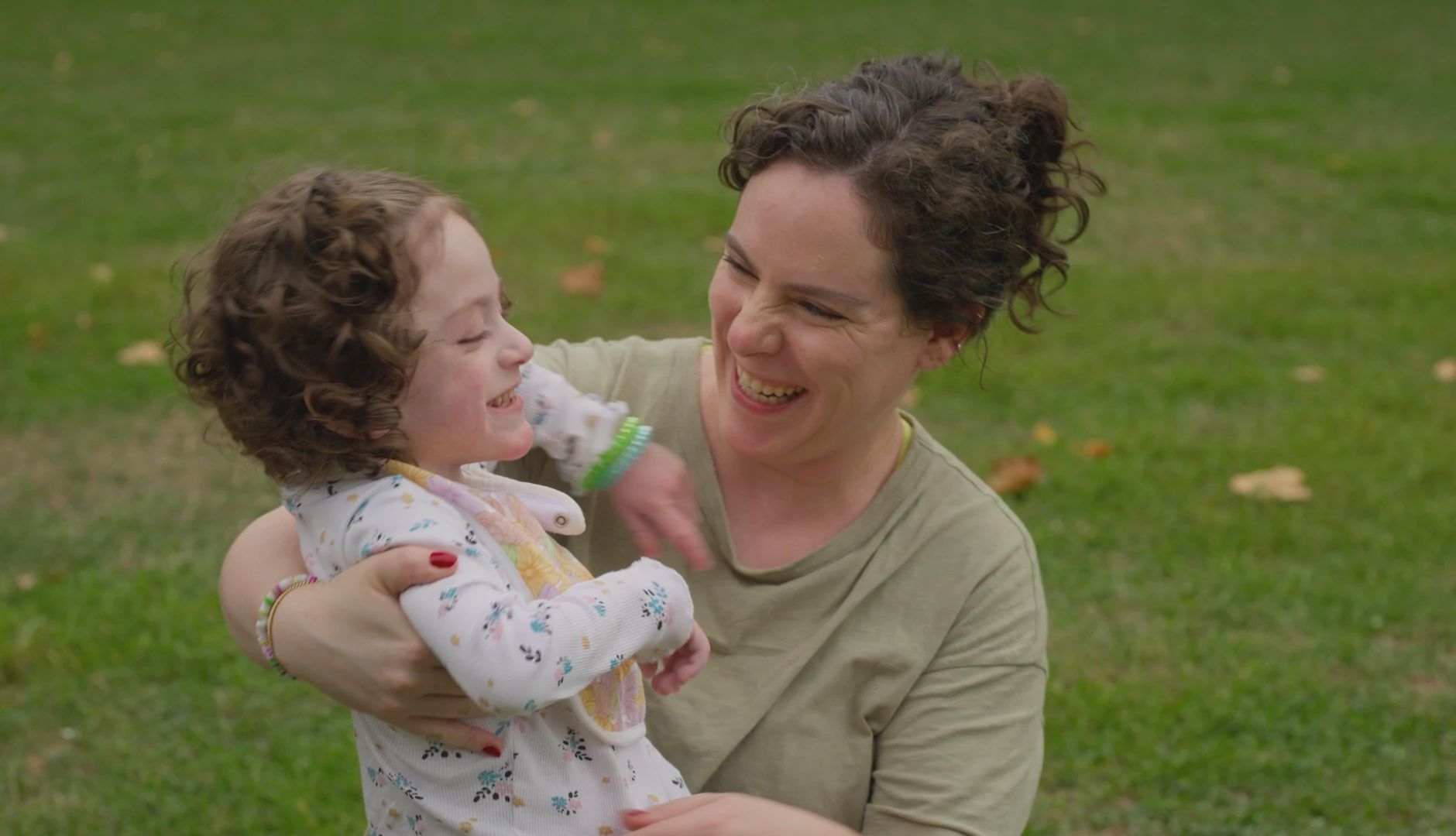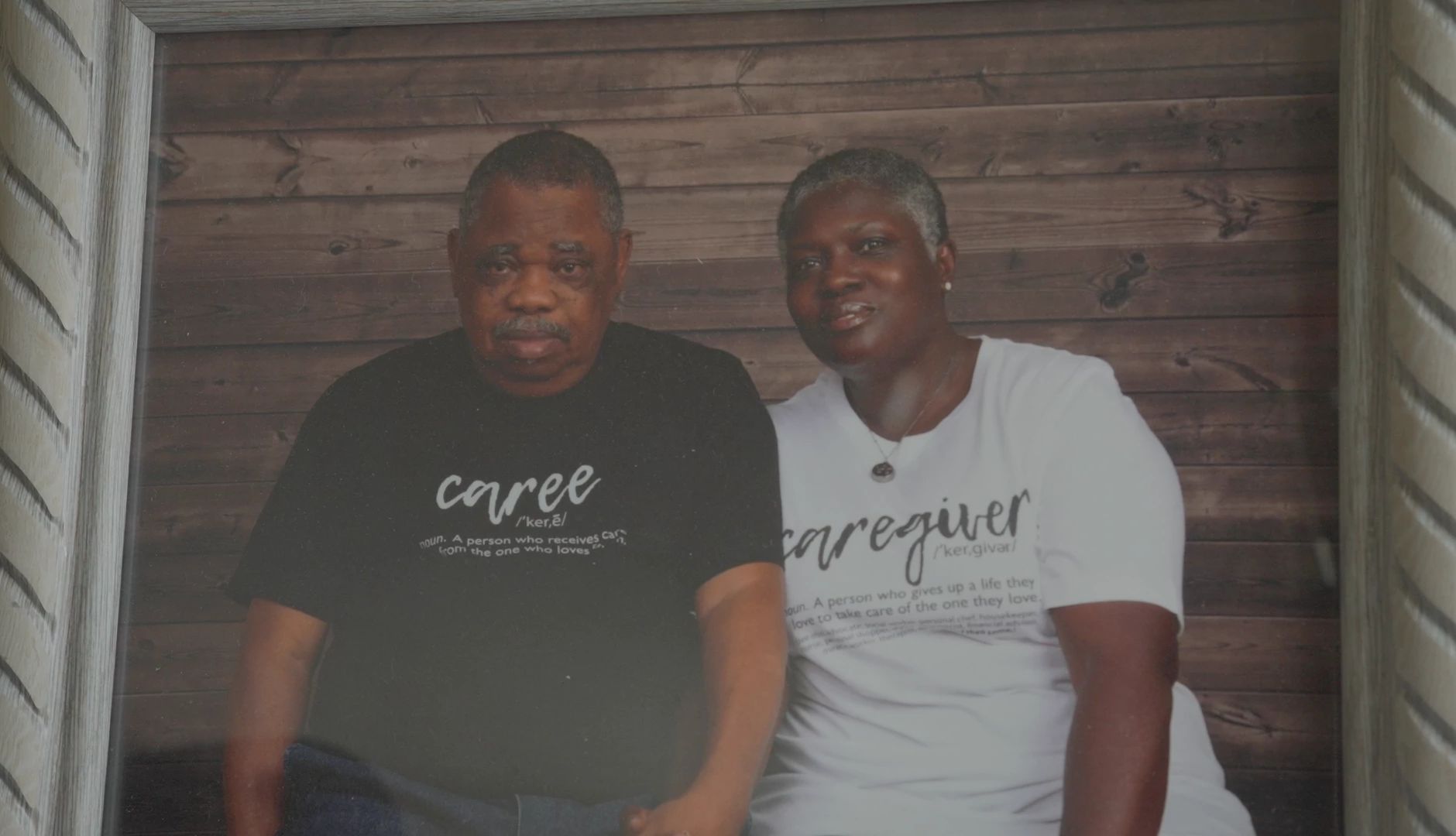AARP Hearing Center


When Hollywood meets humanity, powerful stories emerge. That’s what happens in Caregiving, a new PBS documentary that pushes back the curtain on one of America’s most underrecognized — and essential — roles: family caregivers.
From Brooklyn to Boca Raton, Florida, caregivers take center stage in this documentary streaming on PBS.org starting May 27, with a broadcast premiere on June 24. Narrated by Emmy-winning actress Uzo Aduba, the film shines a light on the quiet strength of those caring for aging parents, disabled partners and chronically ill loved ones — often unpaid, unseen, and overwhelmed. Aduba, known for her roles in Orange is the New Black and Painkiller, brings a personal touch to the project, drawing from her own experience caring for her mother, who died of pancreatic cancer in 2020, while also raising her young daughter.
The two-hour film is executive produced by Oscar-nominated actor Bradley Cooper, 50, and produced in partnership with WETA of Washington, D.C. Cooper, known for being a versatile actor, director and producer, opens the documentary with his own caregiving story: being part of the care team for his dad, Charles, who suffered from lung cancer and died in 2011.
“The caregiving experience I had with my father inspired this documentary,” said Cooper, in a statement. “I came to appreciate how we need to care for caregivers better. It is my hope that Caregiving will provide affirmation and support for those who do this profoundly meaningful and increasingly vital work.”


Spotlighting the care crisis
Drawing on the deeply human experiences of six caregivers across the country, Caregiving illustrates the daily emotional, financial and physical burdens carried by those who give everything to help others. Family caregivers who are featured include:
- Malcoma in Conyers, Georgia, who left her job to provide full-time care for her husband with an incurable neurological disease.
- Matthew, a New York father who suddenly became the sole caregiver to his wife and young son after a debilitating stroke.
- Jacob, a 14-year-old in Florida, shares caregiving duties for his mother, who recently died after a long battle with multiple sclerosis.
- Zulma, a professional home aide who becomes family to her patient in the Bronx while juggling care for her own children.
- Tracy, a woman in Colorado navigating her father’s struggles with dementia with both tenderness and tenacity.
- Kim and Guillaume, a couple in Brooklyn raising their daughter Charlotte, who suffered brain damage after a serious brain bleed during birth.
Join Our Fight for Caregivers
Sign up to become part of AARP's online advocacy network and help family caregivers get the support they need.
Their stories unfold against the backdrop of a care system in crisis. With 48 million Americans providing unpaid care, the documentary highlights personal journeys while exposing a growing national emergency.
The documentary also traces the history of caregiving in the U.S., from child care programs under President Roosevelt’s New Deal to legislative setbacks, like President Nixon’s veto of a comprehensive caregiving bill in 1972 and examines ongoing challenges faced by veterans and marginalized communities. Interviews and expert perspectives from health care professionals, historians, and professors shape the narrative and illuminate the past, present, and future of caregiving in America.






































































More From AARP
Planning for a 'Good Death': Insights & Tips
It’s ‘What to Expect When You’re Expecting’… for the other end of life’
11 Key Things to Know As Your Spouse's Caregiver
Experts provide their insights and strategies for navigating this emotional journey
Essential Considerations for Caregiving Parents
It’s a big undertaking. Make sure you understand all that is involved